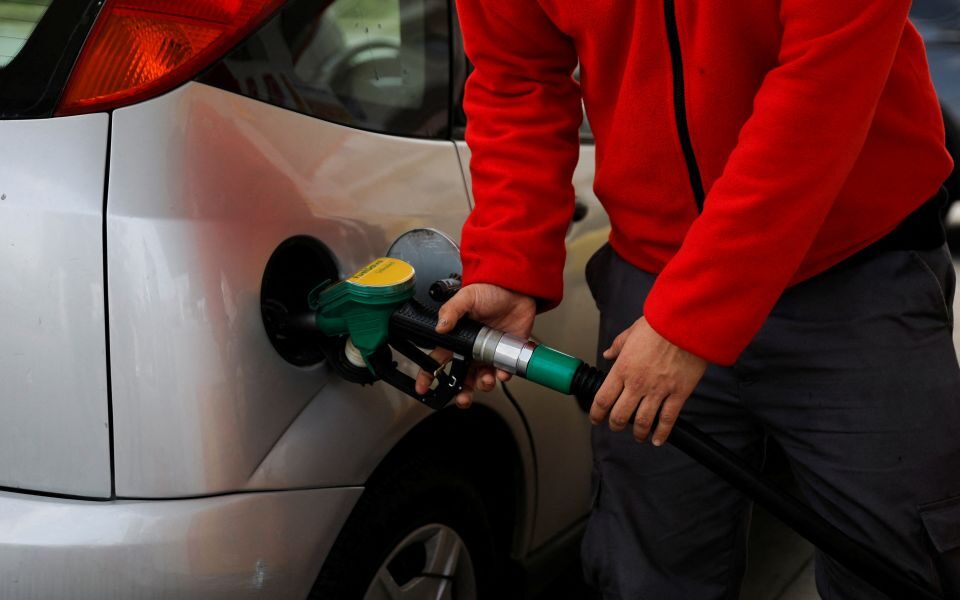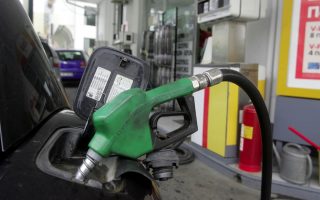Crackdown on rigged gas station pumps
Strict legislation targeting fuel smuggling and fraud scheduled to come into force in March

New regulations combating fuel smuggling and adulteration are set to go into effect next month. The legislation foresees that gas stations will be closed for two years if inspectors determine that they are selling adulterated fuel, engaging in smuggling, or tampering with tax receipt issuing procedures.
This is a fairly stringent framework aimed at reducing fuel smuggling and fraud while also activating new digital capabilities to help identify offenders.
Under the legislation, fuel marketing companies will be jointly liable for the operation of their service stations, or at least those displaying their brand name.
In particular, they will have to evaluate whether an input-output system has been installed and is operational in the service stations, carry out annual fuel quality checks and discontinue cooperation with offending service stations.
The new law requires companies to follow due diligence steps, with violations punishable by fines ranging from €5,000 to €30,000 per service station.
It stipulates that the Independent Authority for Public Revenue (AADE) will make the fines public on an annual basis, and companies must notify AADE within 24 hours if they discover input-output system falsification or fuel adulteration.
Meanwhile, AADE Governor Giorgos Pitsilis revealed on Wednesday that gaps have been identified in the input-output systems at gas stations.
Speaking to Skai TV, he stressed that at the moment the input-output system operates with the technical specifications of 2009.
As he said, things have changed since then, the necessary upgrades need to be made and the gaps identified need to be filled, which will be completed by the end of the year.
Pitsilis stated that the digital component (input systems throughout the supply chain, GPS) will be completed by the end of the year, and that the data platform will be operational, with mechanisms capable of detecting irregularities and carrying out the necessary controls.
It is essentially an automated data exploitation system with alerts for suspicious cases and even entire regions of interest that customs services may control.
The technology is now being piloted and tested in preparation for its operational launch at the end of the year.





